Autumn is here and your fall garden clean-up project may be looming. If you think it is daunting to clean up all of those leaves and standing dead plant material then I have some great news for you! You don't have to clean up all of those leaves! In fact, the butterflies, bees, songbirds and plants would prefer it if you didn't. Leave the LeavesThere are SEVERAL reasons to leave the leaves. They add nutrients to your soil, acting as a natural fertilizer as they decompose over the winter and resulting in healthier plants in the spring. Leaf litter is a vital food source for decomposers, like millipedes, snails, and worms. In turn, these beneficial decomposes are creating beautiful soil AND providing food for our songbirds. 15 percent of bee species nest in cavities, such as hollow plant stems or holes in wood so you are also supporting bees! Still not convinced? The layer of leaves act as a natural mulch and will provide an extra layer of insulation for your perennial plants Replace Some of Your Lawn with Native PlantsGrowing plants like coneflowers, milkweed, bee balm and other native pollinator-friendly plants in your yard is a great start! Remember, you can always start small. Pick a corner, border, or patch of your yard that you would like to designate as a native plant patch. These patches are vital for our pollinator's survival and more land is developed or converted to agriculture. There are somewhere around 40 million acres of lawn in the lower 48, according to a 2005 NASA estimate derived from satellite imaging making it the largest irrigated crop in the United States! Leave Perennials and AnnualsI know it can be very tempting to pull up the dead annuals and cut back your perennials (this includes milkweed). However, these plants are providing essential cover for over-wintering butterflies and bees. Standing dead plants will catch leaves as they blow over them which creates even more habitat for bugs! Spread AwarenessPut a sign up in your yard that designates your yard as a native plant sanctuary for pollinators and other invertebrates! Signs like this one by the Missouri Prairie Foundation will help to educate and encourage others to do the same! You can also share graphics and articles like this one that will help educate others on the importance of winter habitat! Wait Until Late SeasonIt is best to leave the leaves indefinitely but you may decide that you want to clean them up at some point. If you an can hold off until late Spring, you have done the pollinators and other invertebrates a great service and gotten them through the most vital part of their lifecycle! The first warm weather of spring may bring you out into the garden but before you start cleaning up leaves, consider looking for chrysalides that may still be clinging to standing plants.
13 Comments
Jay Bird
2/5/2021 02:29:01 pm
This is our first year raising Monarch Butterflies. We started by planting 3 milkweed plants in August, and have successfully released over 50 adults. We now have 24 plants in the ground. Living in Central-eastern Florida, the adults continue to lay eggs, even in December. We bring the cats inside to a small 12" habitat, and move the chrysalis to the 24" habitat where they emerge as adults.
Reply
8/2/2023 01:15:49 am
I've recommended this site to all my friends. It's a gem in the online world.
Reply
4/9/2021 04:23:28 am
I found good posts here. I adore the way you write. Nice!
Reply
6/3/2021 06:44:35 pm
I agree about the leaves being fertilizer and should not be seen as garbage or litter. But sometimes it is not pleasing to just leave it be on your garden. You can then remove some of them that you think should not be in place but always note that they are natural fertilizers.
Reply
1/3/2022 10:41:33 pm
I've always wanted to have a pretty garden with butterflies and flowers, and also... some bunnies, you know :))
Reply
Eileen
12/11/2022 12:03:12 pm
Is their someone who can rescue my catapillars?
Reply
ferry
7/14/2023 09:56:22 am
<a href="http://images.google.co.jp/url?q=https://fun88bet.info">fun88bet</a>
Reply
zack
7/14/2023 10:22:33 am
very imformative
Reply
7/25/2023 03:56:07 am
Thank you for taking the time to publish this information very useful!
Reply
Your guidance on leaving leaves, replacing lawns with native plants, leaving perennials and annuals, spreading awareness, and waiting until late season is incredibly valuable for those looking to support pollinators during the winter months. Your emphasis on the importance of providing winter cover for pollinators and other invertebrates highlights the interconnectedness of ecosystems and the positive impact of small actions. Your dedication to educating readers and promoting practices that nurture our beloved butterflies, bees, and other beneficial insects is truly commendable. Thank you for sharing your knowledge and inspiring us to create nurturing spaces for pollinators.
Reply
7/9/2024 09:27:15 pm
From appointments to medical reports, <a href="https://assist.id/">Assist id</a> are here to simplify every step in your hospital.
Reply
Leave a Reply. |
AuthorRebecca Chandler Archives
March 2024
Categories |

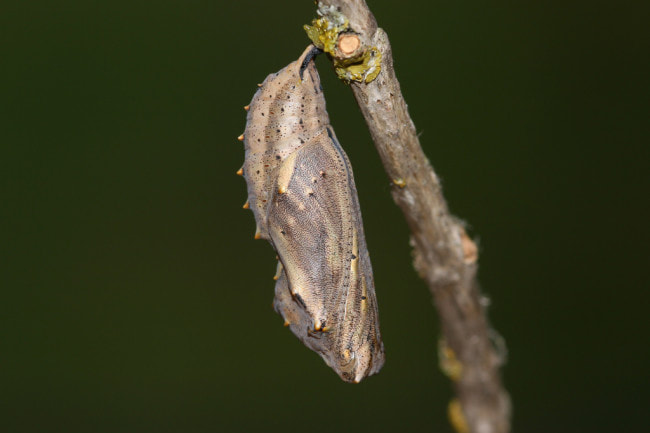
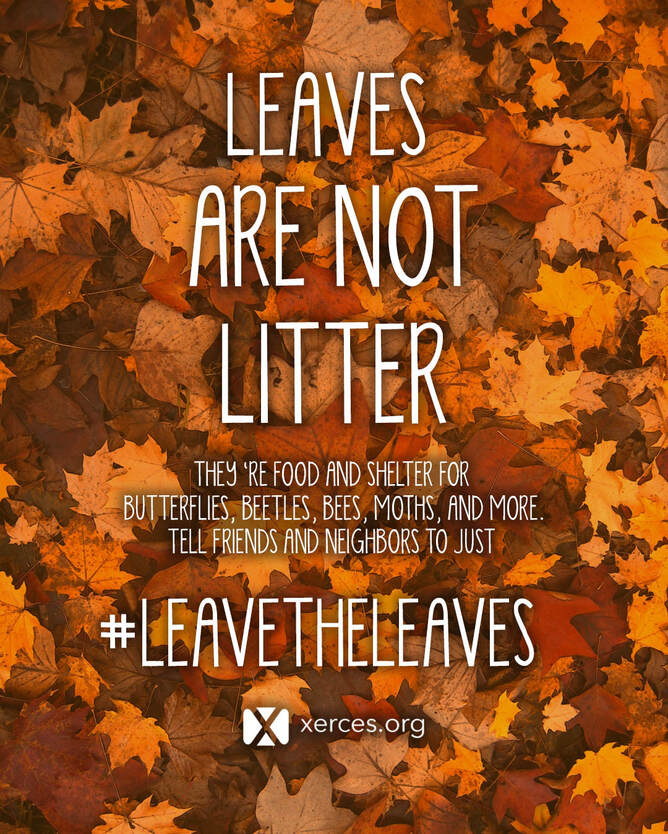
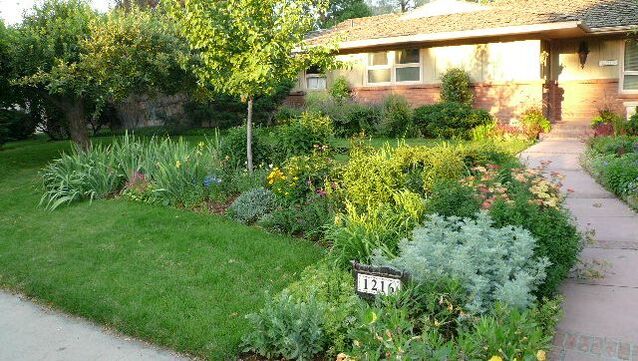
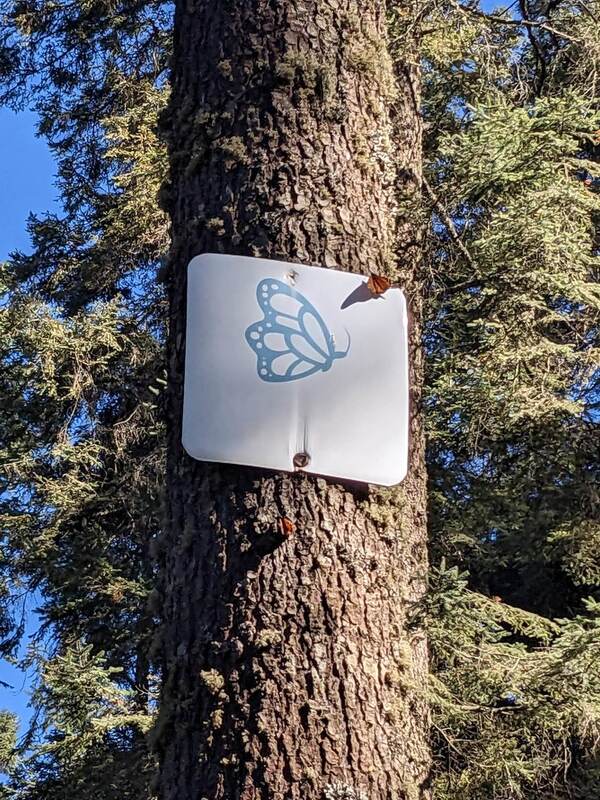
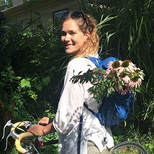
 RSS Feed
RSS Feed